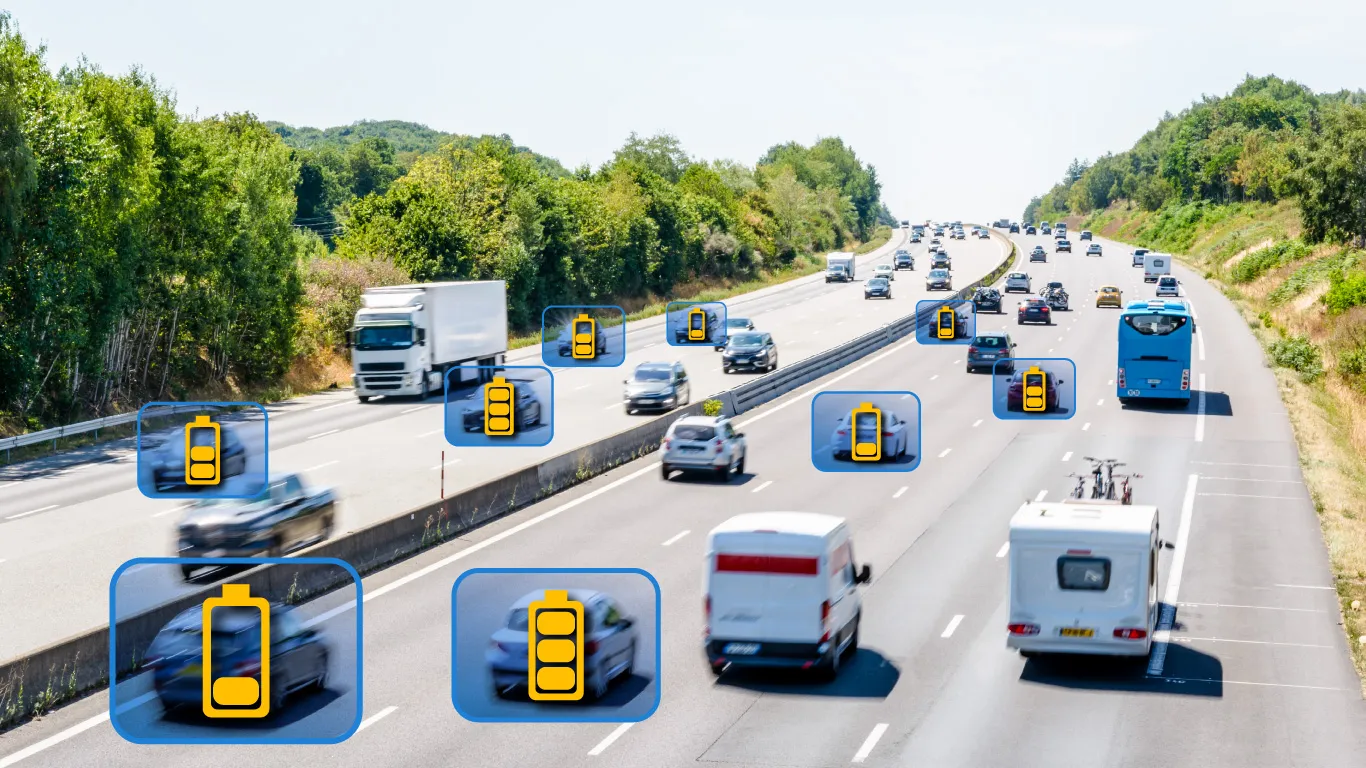
Aimsun has released new modelling software with features that enhance sustainable mobility with a focus on enabling multi-modal models for cities and highways.
The modelling capabilities also cover new technologies such as electric vehicles, along with enhancements for simulating pedestrians, cyclists and users of public transportation.
Paolo Rinelli, global head of product management at Aimsun, says: “When the pandemic radically reduced our mobility, it gave everyone a taste of how urban public space might be better used for living rather than driving and parking private vehicles. Aimsun Next 22 is the ideal platform for studying the impact of projects aimed at sustainable mobility, from promoting the use of public transport to creating bike lanes or encouraging electric motors over combustion engines.”
The company has streamlined its models for vehicle engine types and sustainability awareness to work together across the emissions models: quartet, panis et al and a London emission model plus the fuel consumption and battery consumption models.
Aimsun points out that transit systems and non-motorised vehicles are playing a more crucial role as a result of climate concerns and pandemic-related factors.
In response to this, the firm has introduced new flexible traffic management strategies for transit-route detours, and continues to tweak its models for bikes and non-motorised vehicles with new 'keep to the left' or 'keep to the right' instructions, for more realistic behaviour.
Aimsun Next 22 is expected to make it easier to work with traffic demand, transit assignments, splitting and joining zones, creating more accurate ‘warm-up’ traffic states and presenting a wider range of customisable analytical outputs.
“Modelling at an appropriate scale, from a single junction to a regional road network, has always been at the heart of what Aimsun Next is able to do with integrated macro, meso, and micro models,” Rinelli continues.
“The design of the latest version of Aimsun Next is just a part of the same philosophy: with its inherent flexibility, it has smoothly adapted to the need for cohesive, environmentally-conscious planning and operations at any scale.”










